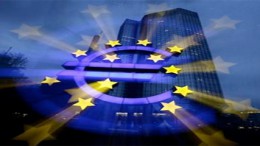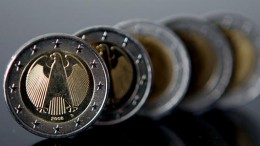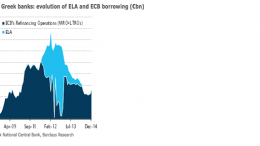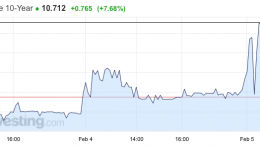EU markets opening
MADRID | The Corner | February 25, 2015 | Spanish telecom giant Telefonica reported a drop of 34.7% in net profit, although investors celebrated revenue picture brightening up. Elsewhere, the Spanish Producer Price Index falls again, registering a drop of 2.8% for January.









